Social Branding and Storytelling
In just a few short years, social media has grown into a tremendously powerful marketing tool. However, as the old saying goes, with great power comes great responsibility. The proliferation of the digital bazaar has amplified consumer voice, allowing users to directly influence the public perception of a brand.
In many cases, this is a boon to marketers, who can rely on these brand ambassadors to extoll the virtues of their favorite brands and directly influence the buying decisions of other members of their networks. As easy as it is for someone to sing the praises of a brand, consumers are perhaps even more willing to share their negative experiences with those same online communities. And, unfortunately for the brands on the receiving end, the negative messages tend to gain traction much more quickly than the positive ones.
The Power of Story
Social brands must become experts at telling their unique brand stories, and they must learn to do so in a way that is both relatable and authentic. The brands most successful at relating to their consumer base will not only gain tremendous cultural capital, they will build their cache of another invaluable stock: forgiveness.
Melinda Partin, in her Fast Company article “Brand Storytelling: Connecting with Your Audience,” observed this important trait of brand storytelling: “Apple has clearly done the best job in winning over the hearts and minds of users. But the company’s phones can be buggy, and they don’t do all things well. However, the form factor and user interface design, the application innovations and the philosophy of the company have created such a powerful story that people want to be a part of it.”
Cultural Capital Through Social Responsibility
To help users identify with a brand’s message, Partin adds, those brands must understand how their products can fit into their consumers’ lives. Having a flashy product simply isn’t enough in today’s globally connected, socially conscious community.
Smartest Brands
As Simon Mainwaring, Founder of the social branding consultancy We First, explains, the brands most successful at telling their own stories have found a way to integrate their products and their messages with social responsibility. This approach, which Simon calls “contributory consumption,” helps brands to align their values with those of their consumers. Such an approach is not only the right thing to do, but it will pay dividends in cultural capital down the road.
Too often, brands forget to focus on effective storytelling, and end up broadcasting their schizophrenia loud through the channels of social media and confusing their audience in the process. The smartest marketers connect with their purpose for doing business and share the story of that purpose with a consistent brand identity and effective use of the tools of the social business marketplace. One of the foremost authorities out there today on storytelling and brand identity is Simon Mainwaring, Founder of the social branding firm, We First. Simon has spent his career crafting strategic storytelling for Fortune 100 brands including Nike, Coca-Cola, Toyota and Motorola, receiving over sixty international advertising awards at the Cannes Advertising festival, US One Show and British D&AD, among others.
Simon just released a complimentary training series on social branding, and I wanted to share it with you. I think it may change the way you do business completely. Here’s a link, JUST CLICK HERE to start the series now.



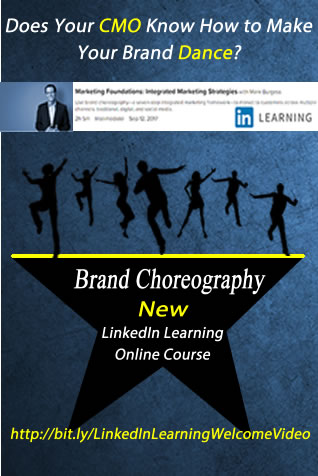
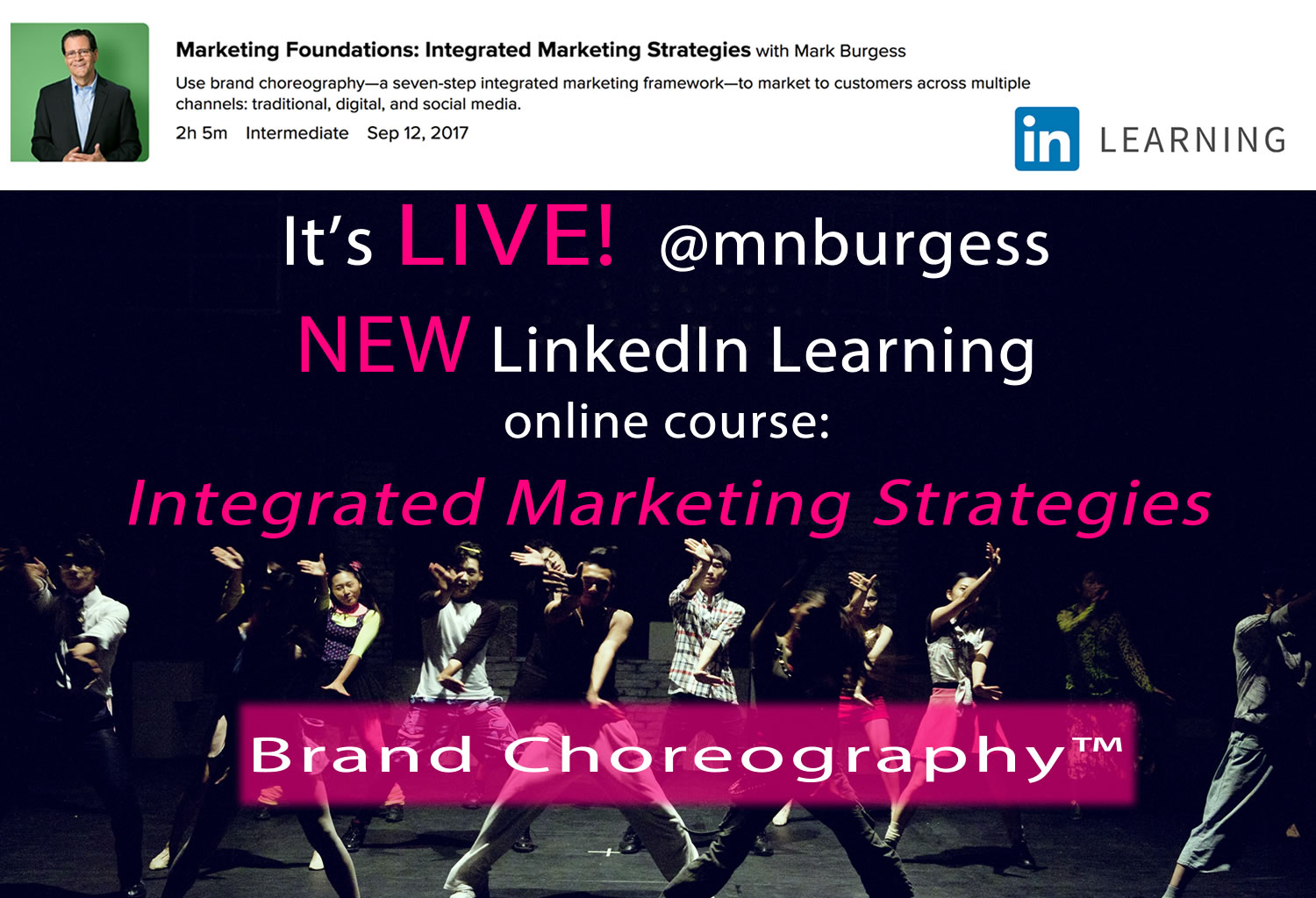


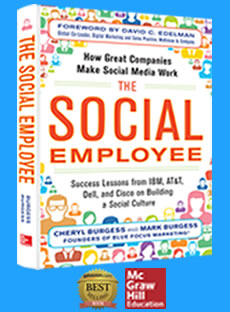


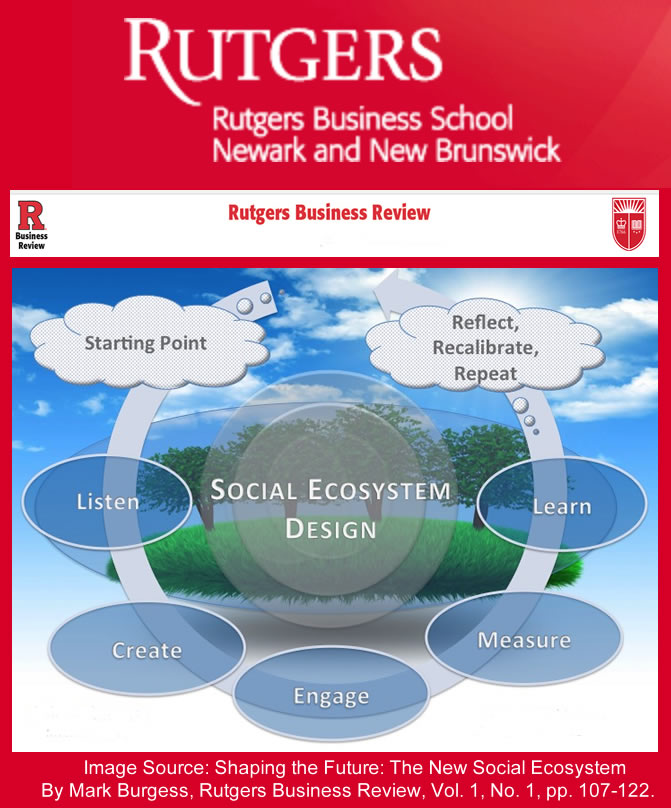
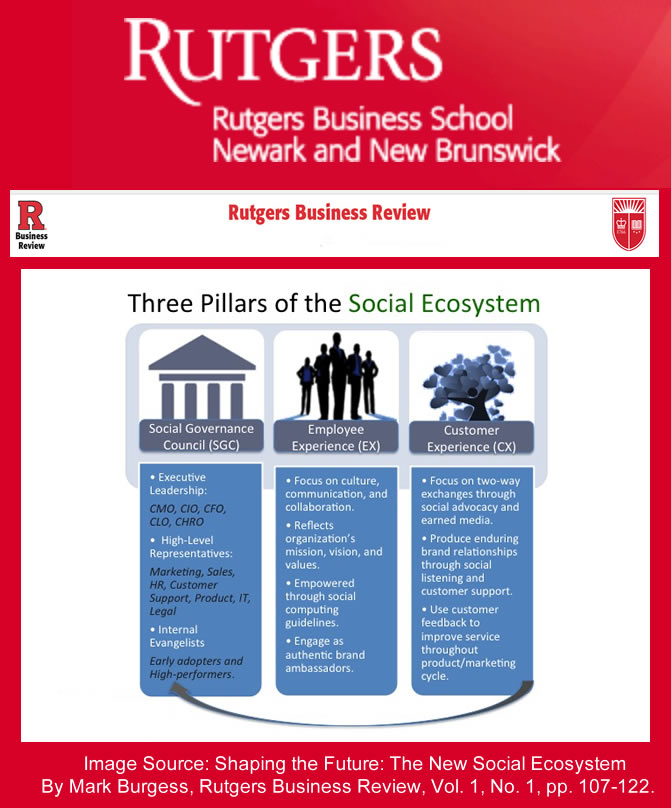




You make such a good point that “brands must understand how their products can fit into their consumers’ lives.” Thanks for the reminder.
Hi Pamela,
Thank you so much!
Warmest regards,
Cheryl